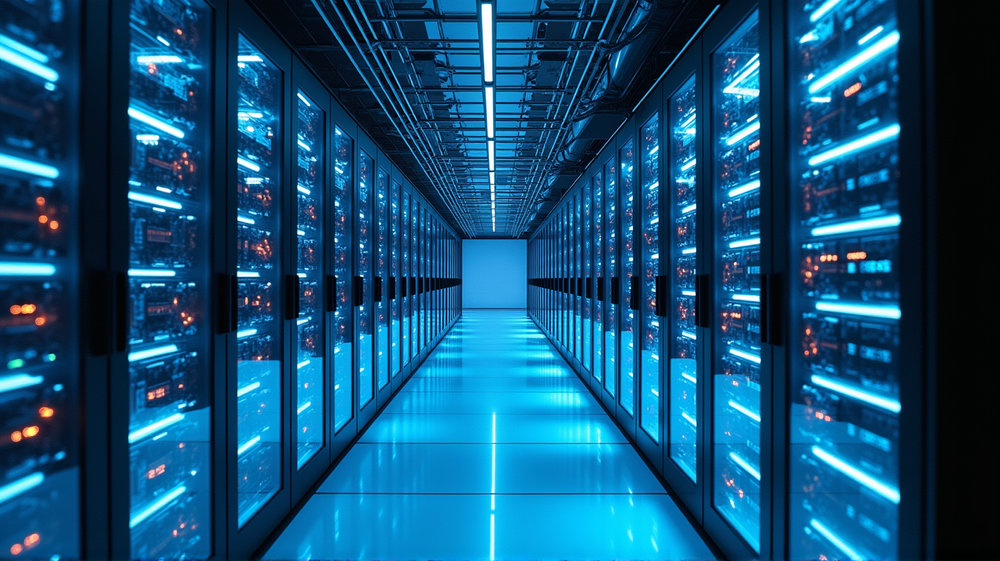As the world of artificial intelligence rapidly evolves, the demand for more efficient and powerful data centers is soaring. One might be surprised to learn how car battery technology is transforming Google’s AI supercomputers, setting new benchmarks in terms of power delivery and cooling efficiency. According to TechRadar, this shift is nothing short of groundbreaking.
Bridging the Gap with Electric Vehicle Technology
At the heart of this transformation lies the adoption of +/-400VDC power systems, a paradigm borrowed from electric vehicles (EVs). Google, along with tech giants like Microsoft and Meta, is leveraging this innovation to address the challenges associated with high-density power and heat management in data centers. This move is supported by initiatives like the Mt. Diablo project, which aims to standardize these high-voltage systems across the industry.
The Necessity of Liquid Cooling
AI supercomputers generate immense amounts of heat, making traditional cooling methods obsolete. Google’s data centers are spearheading the use of liquid cooling systems, a necessity in the fight against the relentless thermal onslaught from next-generation chips. These systems have replaced bulky heatsinks with efficient cold plates, effectively slashing server hardware footprint while boosting compute density.
Unyielding Efficiency and Reliability
Google’s use of liquid-cooled TPU pods showcases reliability with 99.999% uptime, a testament to the robustness of these systems. The integration of EV-inspired technology not only enhances efficiency but also introduces new challenges, particularly with safety at high voltages. Nevertheless, the active collaboration between industry leaders and the open hardware community suggests a shared commitment to overcoming these hurdles.
Insights for the Future
While the push towards 1MW-per-rack power is fueled by rising AI demand, there is a cautious optimism about whether this trend will sustain across the broader market. The convergence of electric vehicle technology with data center advancements symbolizes a future where the boundaries of computing and energy solutions merge seamlessly, propelling AI capabilities into a new era.
Harnessing technologies from diverse fields, Google and its peers are not just shaping the future of AI but are also redefining the architecture of modern data centers. The results could very well determine how effectively we handle the computational needs of tomorrow’s AI-driven world.













